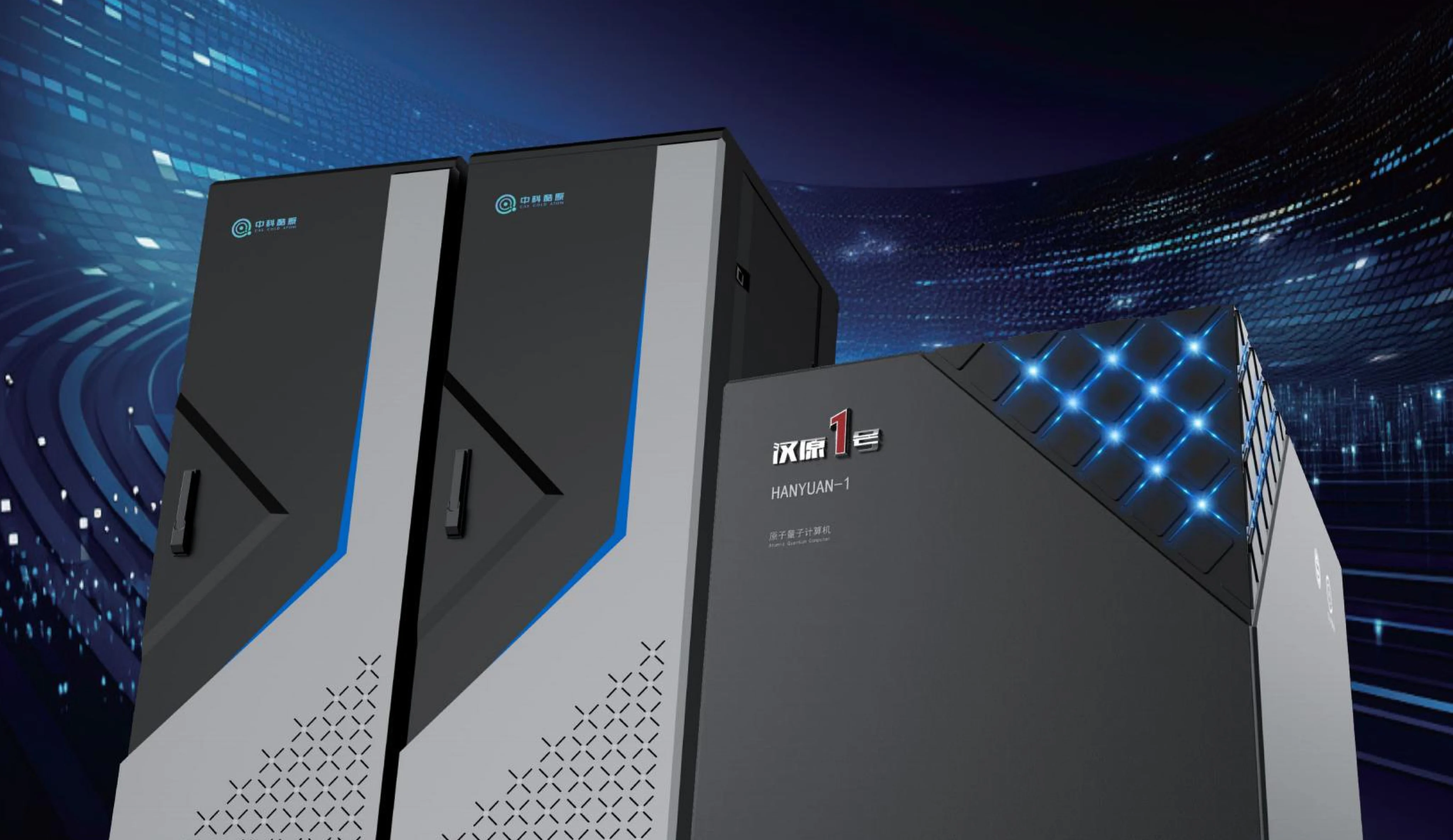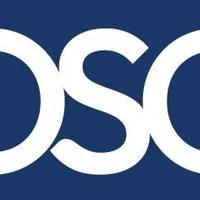Copyright scmp

China’s first atomic quantum computer has passed a major commercial milestone, making its first sales to domestic and overseas customers, according to state media. Hubei Daily, the official newspaper of Hubei province, reported on Friday that the first commercial Hanyuan-1 unit had been delivered to a subsidiary of telecoms provider China Mobile while Pakistan had also placed an order. The sales were valued at more than 40 million yuan (US$5.6 million). The Hanyuan-1 was one of the few machines in the emerging field of atomic quantum computing to achieve mass production and delivery worldwide, the report said. Development of the machine – which can be used to do complex calculations such as financial modelling and logistics optimisation – was led by the Chinese Academy of Sciences’ Innovation Academy for Precision Measurement Science and Technology in the central city of Wuhan. Using the principles of quantum mechanics, quantum computers can do calculations and solve complex problems much faster than classical computers. This is achieved by using qubits, which can be both zero and one simultaneously due to a property called superposition. But researchers are still struggling to rein in errors with the devices as they handle millions of qubits. With that problem still to be solved, developers have taken a practical approach by first focusing on industrial applications involving a moderate number of qubits – tens to a few hundred. These machines are referred to as noisy intermediate-scale quantum computers, or NISQs. The Hanyuan-1 is one of them. The atomic quantum computer is equipped with 100 qubits and its core performance reaches “world-class standards”, according to the report. Unlike other quantum computers that use ions, photons or “artificial atoms”, the Hanyuan-1 uses neutral, uncharged atoms as qubits and manipulates them with lasers to perform calculations. The Hanyuan-1 was unveiled in June, capping nearly two decades of research and engineering efforts that led to a number of scientific advances as well as independence in core components. The United States has restricted China’s access to certain quantum computing components such as lasers since 2018, spurring Chinese developments in the field. The report said the Wuhan team overcame multiple challenges to develop lasers that met high precision requirements. The resulting lasers were much cheaper and used just a tenth of the power of their foreign counterparts. “This achievement breaks China’s dependence on Western supply chains and establishes its independent advantage in atomic quantum computing hardware,” the report said. Compared with more mainstream superconducting quantum computers, the atomic computer reportedly uses much less energy, is much simpler to maintain and is “exponentially” much less expensive to deploy, according to the report. This is in large part because the system does not need a cryogenic cooling system. The entire system can be integrated into three standard racks and operate in a standard laboratory environment. According to the report, the team is preparing to build China’s first atomic quantum computing centre, which will be able to support ultra-complex computational needs such as financial risk analysis for thousands of business users. “Industry competition is currently focused on system practicality and engineering capabilities rather than the sheer number of qubits,” the newspaper quoted one unnamed project leader as saying. “We will continue to improve the comprehensive metrics of the atomic quantum computer, targeting high-end applications such as drug discovery and materials design,” the project leader said. “Our goal is to provide scalable atomic computing services by 2027.”



